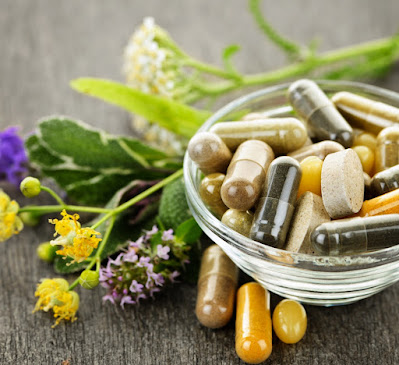Symptoms of High Cholesterol
When you find yourself experiencing the symptoms of high cholesterol, it may be time to seek medical assistance. Taking a drug called statins, which is a class of medicine that is used to reduce the amount of cholesterol in the body, can be a good option. In addition, you may want to cut down on your intake of fat and saturated fat.
Having a family history
A family history of heart disease can be a scary thing. In fact, you might even find yourself having a coronary if your genetics are anything to go by. Fortunately, there are many ways to mitigate this risk. The most straightforward method is to ask your doctor to get your cholesterol levels checked out on a regular basis. This is not only better for your health, but it will save you a hefty chunk of change at the ER!
One way to ward off your high cholesterol is to make sure you are eating a healthy balanced diet full of fruits and veggies. You also want to avoid any dietary culprits that will only boost your cholesterol levels.
Having too many calories
If you're considering the best way to reduce your cholesterol, there's no need to look far and wide for the answer. The most obvious place to start is your food choices. Using the right ingredients in your diet can go a long way in avoiding cardiovascular disease, and ensuring a happy and healthy retirement.
Having a good diet can help prevent a cholesterol ke gharelu ilaj, ranging from diabetes to arthritis. As you plan your next meal, consider the following suggestions: eat fewer calories per pound of body weight; eat more protein and fibre; eat healthier and exercise more. This will help you lose weight and avoid the dreaded cholesterol spike.
Having plaque buildup inside your blood vessels
Plaque buildup inside your blood vessels is a serious condition, and you should seek medical help if you notice symptoms. A plaque can rupture and create a blood clot, which can cut off blood flow to the heart or another part of the body. This can cause a heart attack or stroke.
You should have your cholesterol checked at least once a year, and more often if you have risk factors for cardiovascular disease. Your doctor may recommend certain changes to your lifestyle, such as quitting smoking or eating a healthier diet.
There are several types of atherosclerosis, and it starts with fatty deposits of cholesterol on the walls of arteries. These deposits can develop over time, or can be triggered by genetics, unhealthy habits, and other conditions. It is a leading cause of death in the United States.
Statins
Statins are used to lower cholesterol levels, and they are a good option for high risk patients. They are also useful for preventing heart attack and stroke.
These medications work by reducing the amount of LDL ("bad") cholesterol in the blood. A higher level of LDL can lead to a higher risk of heart disease and stroke. This is because too much cholesterol can block arteries and create clots.
Statins also prevent plaques from forming inside arteries. Plaques are hardened areas that can burst, releasing chemicals that can cause blood clots. Some people with high cholesterol may have a genetic predisposition to developing plaques.
Eating a diet low in saturated and Trans fat
If you suffer from high cholesterol, it may be time to cut back on your saturated fat and Tran’s fat intake. These facts are not good for your heart, and they can have a negative effect on weight. A doctor can help you get the right amount of fat in your diet.
Fat is important for your body, as it helps to absorb essential vitamins and nutrients. Fat is found in a variety of foods, including meats, dairy products, and plant-based products. It also contributes to the formation of the walls of your cells.
Foods high in saturated fat include fatty cuts of red meat such as veal, lamb, and pork. Fried foods typically contain partially hydrogenated oils, which are harmful to the heart.
Avoiding smoking
If you have been diagnosed with high cholesterol, you may want to consider avoiding smoking. Among other things, smoking increases your risk of cardiovascular disease and stroke.
Smoking is also linked to depression. To help you quit, speak with your physician for advice. There are many resources available to help you.
You may not be aware of it, but cigarette smoke contains cholesterol kam karny ka Unani ilaaj. Those chemicals damage arteries and blood vessels, making them less able to withstand the forces of the heart. Moreover, smoking also leads to inflammation of the artery walls, which can lead to plaque buildup.
In addition, smokers have a higher incidence of other diseases related to heart health. The American Heart Association estimates that one out of every five deaths is caused by heart disease.




Comments
Post a Comment